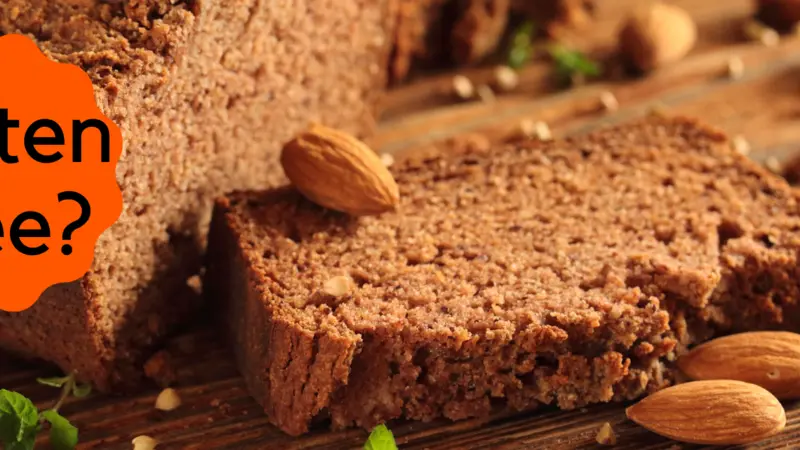

Food, Farming and Nutrition

Food, Farming and Nutrition
Is a Gluten-Free Diet a Myth?
Americans have enthusiastically embraced the gluten-free diet as a road to improving their health.
According to a survey by the Consumer Reports National Research Center published in 2014, 63% of Americans believe that a gluten-free diet could improve their physical and mental health.
Gluten is a protein found in many grains, including wheat, barley, and rye, and provides no essential nutrients. People with celiac disease have an immune reaction that is triggered by eating gluten. They develop inflammation and damage in their intestinal tracts and other parts of their body when they consume gluten. A gluten-free diet is necessary to eliminate the inflammation.
In an article for Harvard Health Publishing, Robert Schmerling, MD, writes that a health myth requires most of the following: many people believe it; there is no compelling scientific evidence to support it; there is at least some scientific evidence against it; and there is a pseudo-scientific explanation that may have intuitive appeal. Other factors may be the possibility that it can actually harm you; a profit motive by those promoting the myth; and celebrity endorsement. From this definition, the notion that a gluten-free diet will improve health is a certifiable health myth for most people.
Dr. Schmerling believes that the popularity of gluten-free diets relates to a combination of factors, including: intuition; logic; celebrity endorsement; anecdotal; and marketing. For people with celiac disease, a gluten-free diet is nothing short of essential, he says. Avoiding gluten makes sense for people with a wheat allergy or those who feel unwell when they consume gluten.
While many people in the Consumer Reports survey thought gluten-free diets contained more minerals and vitamins than conventional foods, the opposite is often true. Gluten-free foods are commonly less fortified with folic acid, iron and other nutrients than regular, gluten-containing foods. Gluten-free foods tend to have less fiber and more sugar and fat.
The “dangers” of gluten may have been overstated and oversold, writes Dr. Schmerling. He advises: It’s up to you and your doctor to take care of your health. If you feel well, enjoy your good health.
REFERENCES
Schmerling, R. (2019, November 8). Ditch the gluten, improve your health? Harvard Health Publishing. https://www.health.harvard.edu/staying-healthy/ditch-the-gluten-improve-your-health


 By
By







